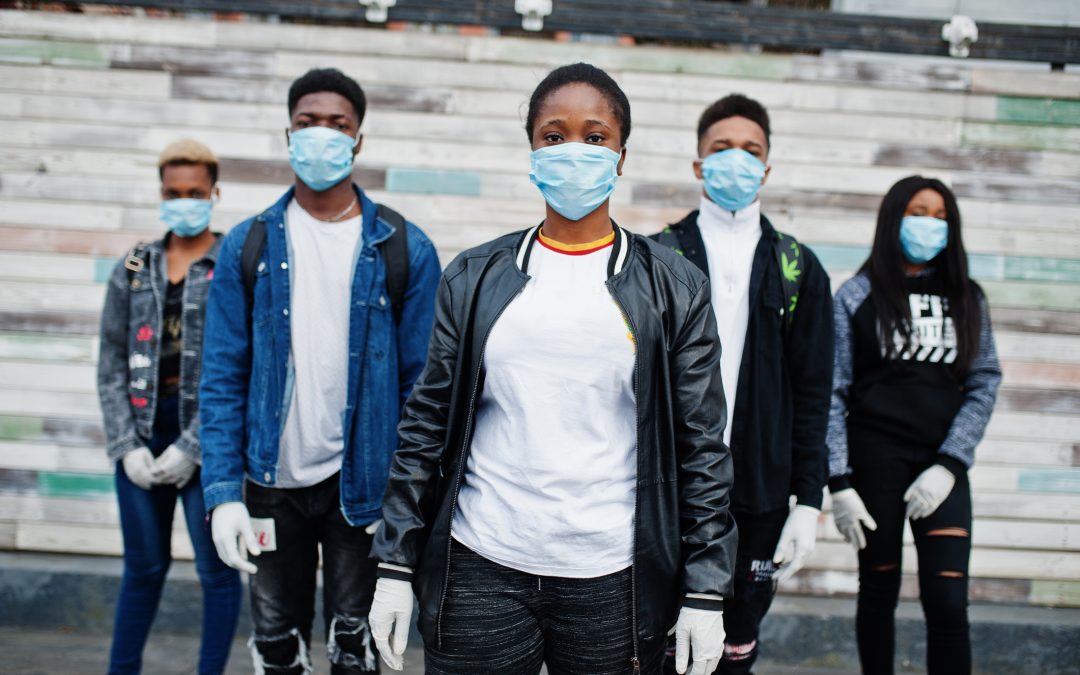In the United States, data reveal that Black Americans are contracting and dying from the novel coronavirus, COVID-19, at rates that double, and sometimes triple their representation across various states. In Illinois, 43% of people who have died are African-American, although the race makes up only 15% of the population. In Louisiana, 70% of the state’s coronavirus deaths were Black Americans in a state with a 32% population of Black Americans. Early news reports of the disproportionate rates of COVID-19 cases and fatalities has resulted in a nationwide call for the release of disaggregated racial data. However, these early numbers elucidate the historical systemic and institutional disparities affecting Black communities. Further, these disparities significantly affect Black children and their development.
Systemic Disparities in the Black Population
Explanations for the disparities in COVID-19 cases and fatalities include financial and health inequities that affect Black Americans. Those at the bottom of the financial brackets in the U.S. are more likely to be affected by crises. Black Americans are more likely to have unstable jobs and to be laid off by their jobs before their White peers. They are overrepresented in low-paying jobs, which makes saving close to impossible, leaving no safety net for lost jobs. Black Americans are also more likely to be uninsured for many reasons (i.e., part-time employment, high cost of insurance), and therefore, unable to afford co-pays, testing, and treatment. Further, the financial support of not only the nuclear family but also the extended family is often seen in the Black community. All of this, stems from a long history of structural racism, including redlining, mass incarceration, and the school-to-prison pipeline.
Black Americans are also overrepresented in health conditions that make individuals more vulnerable to COVID-19. Asthma, hypertension, diabetes, and heart disease are high in the Black community, and each are risk factors for COVID-19 fatality. These diseases are often overrepresented in the Black community due to the dangerous air quality in their cities, lead in their paint and water, and lack of access to nutritious food due to financial strain. The health issues mentioned are partially due to lack of healthcare and fewer visits to a primary care doctor. Even when Black Americans present to a doctor, their health conditions are often taken less seriously and overlooked.


